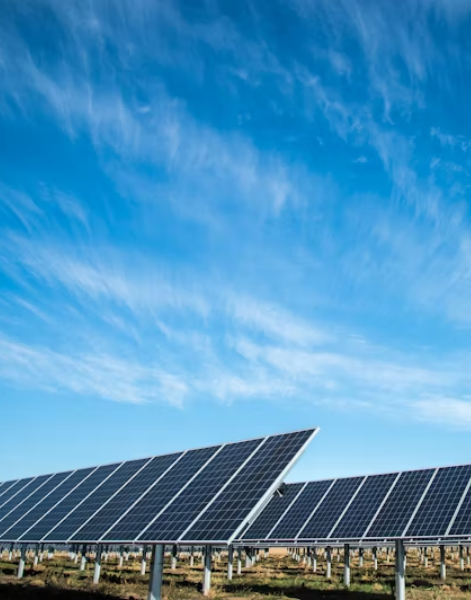Beyond Zero
Our Pillars
Zero
Committed to cutting down emissions, we focus on reducing carbon footprints, transitioning to cleaner energy, and adopting sustainable practices to safeguard the environment.
Explore Zero
Restore
We prioritise planting forest trees and promoting water sustainability, working towards restoring and propagating ecosystems, conserving biodiversity, and safeguarding natural resources for a healthier planet.
Explore Restore
Transform
We foster growth by investing in local communities, smallholders, supporting employee development, and creating a workplace that values well being and satisfaction, driving positive change for everyone.
Explore Transform





Zero
Committed to cutting down emissions, we focus on reducing carbon footprints, transitioning to cleaner energy, and adopting sustainable practices to safeguard the environment.
Explore Zero
Restore
We prioritise planting forest trees and promoting water sustainability, working towards restoring and propagating ecosystems, conserving biodiversity, and safeguarding natural resources for a healthier planet.
Explore Restore
Transform
We foster growth by investing in local communities, smallholders, supporting employee development, and creating a workplace that values well being and satisfaction, driving positive change for everyone.
Explore TransformOur Highlights
Explore our measurable achievements in sustainability. From reducing emissions to revitalising ecosystems and empowering communities, these accomplishments showcase our commitment to creating lasting positive change.
Net-zero targets
approved by Science Based Targets initiative (SBTi)
88%
of energy consumed from renewable sources
11%
reduction in total energy consumption was achieved compared to 2020
78%
of supply chain delivering on No Deforestation, Peatland or Exploitation (NDPE) requirements
8.7%
reduction in work-related injuries
100%
of our mills are traceable to either our own plantations or third-party sources
84.8%
supply chain traceability to plantations was achieved
96.7%
supply chain traceability to mills was achieved
Reuse, reduce, and recycle
waste and water from refineries and crushing plants were introduced to Circularity @ SD Guthrie International
Our Awards
SD Guthrie has received many awards and recognitions for our efforts especially for our work in technology innovation, sustainability efforts, and corporate governance.






Press Releases

24 June 2025
SD Guthrie and MBI Negeri Sembilan to Develop Industrial Park within a 600-Acre Strategic Zone in Port Dickson

20 June 2025
SD Guthrie and Sime Darby Property Join Forces to Drive Value Creation in Carey Island

20 May 2025

